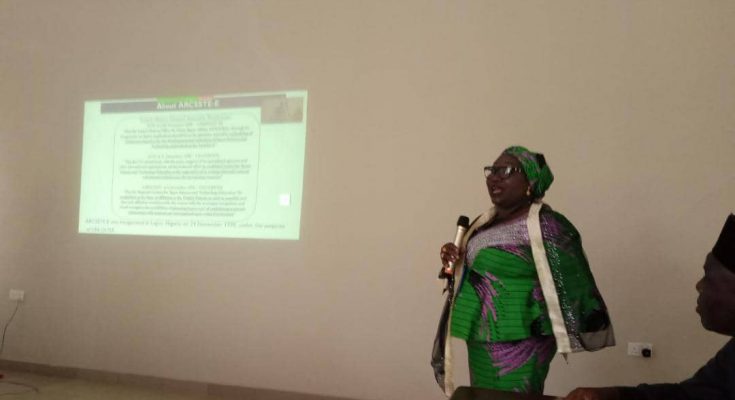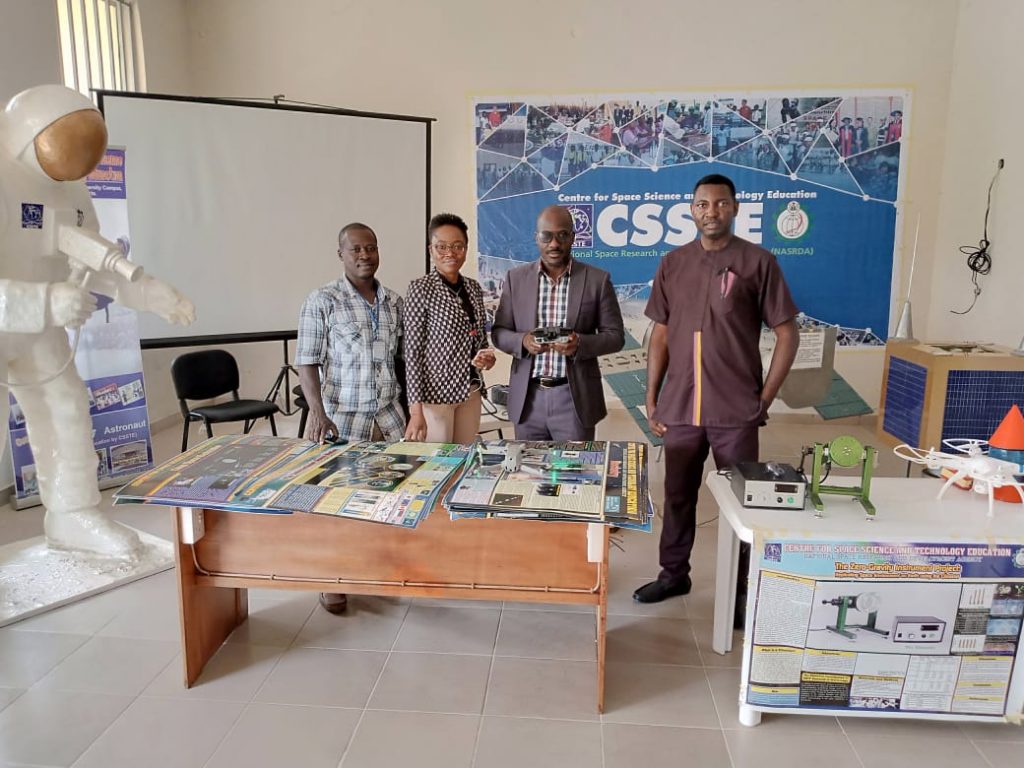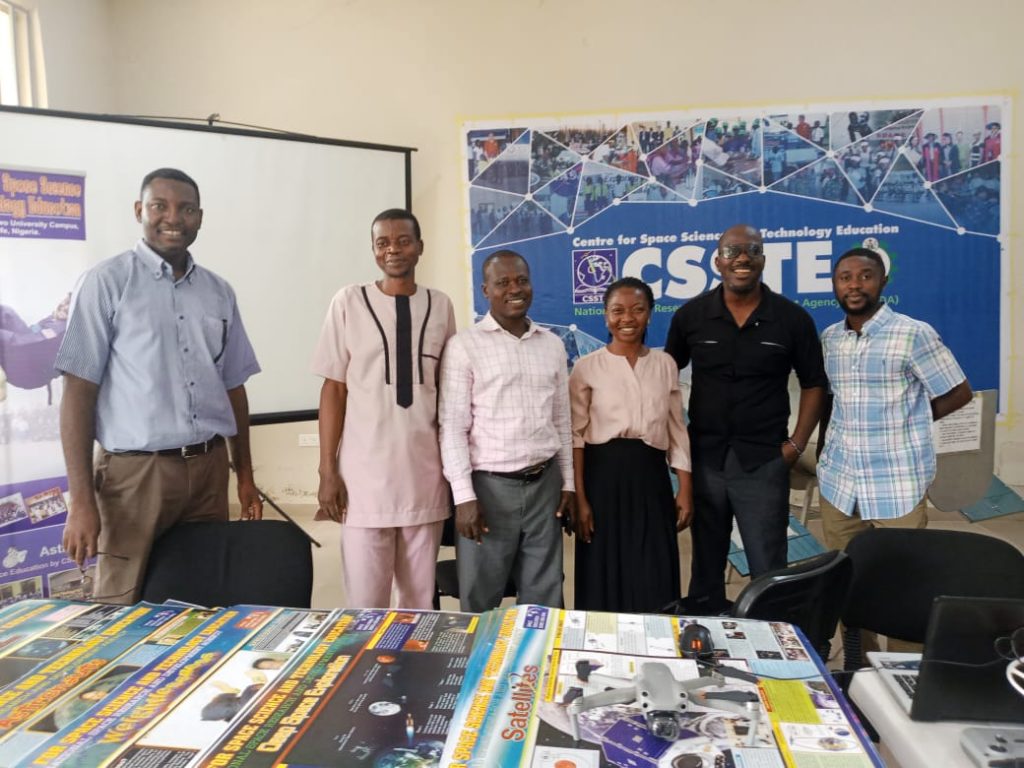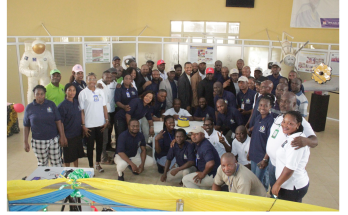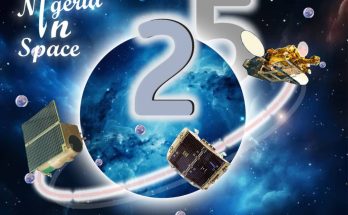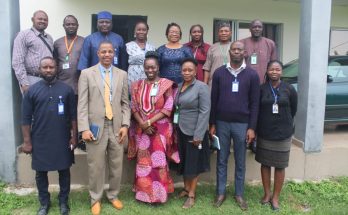The returns on investment (ROI) of Space Science and Technology Education show that Space Science can economically and strategically benefit a nation’s development. This was the assertion of the Acting Director of the African Regional Centre for Space Science and Technology Education-English (ARCSSTEE) during the 3rd African Scientific Integration Network (AScIN) Conference hosted by the Centre for Energy Research and Development from July 25th – 29th, 2022.
The conference themed, “Science, Technology and Innovation for Sustainable Development brought together scientists from all areas of research.
In her presentation, the Mrs Ali-Fadiora informed the gathering that ARCSSTE-E was inaugurated in Lagos, Nigeria on 24 November 1998, under the auspices of UN-OOSA and mandated to build a critical mass of high-quality indigenous capacity in Space Science and Technology (SST) for English-speaking African countries, As an activity centre for the National Space Research and Development Agency (NASRDA), ARCSSTEE (CSSTE) support applications in Space Science and Technology for sustainable national, regional and continental development.
She also stated that in the context of national development, development can be thought of as a controlled or planned improvement in the citizenry’s life.
She reiterated that Sustainable development is currently a meeting point for the debate about the state of the world and how to respond to the social, economic, environmental, and institutional challenges facing us. She identified drivers of unsustainability to include: Inequalities of Development, Poverty, Hunger, Health, and Well-being Deficiencies; Food insecurity, Biodiversity Loss, Water scarcity, and Scarcity of other Natural Resources;Unsustainable Energy Systems; Climate Change; Conflicts, Wars, etc.

